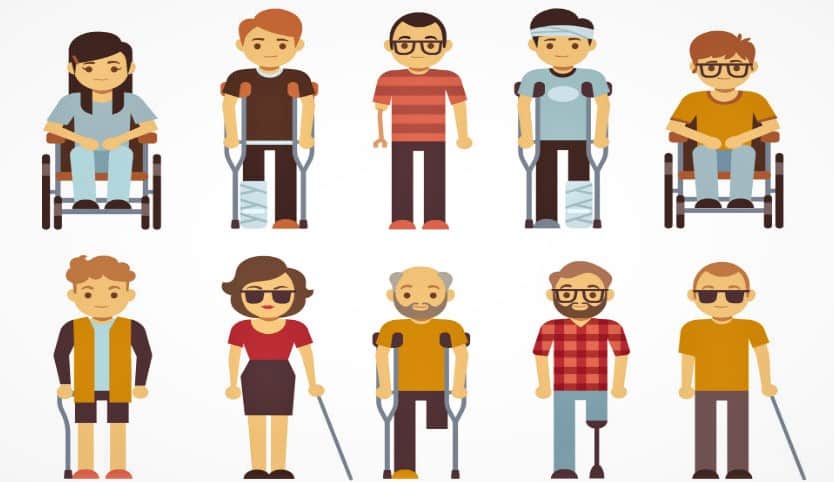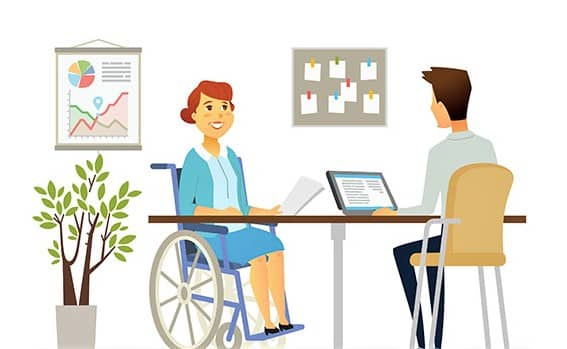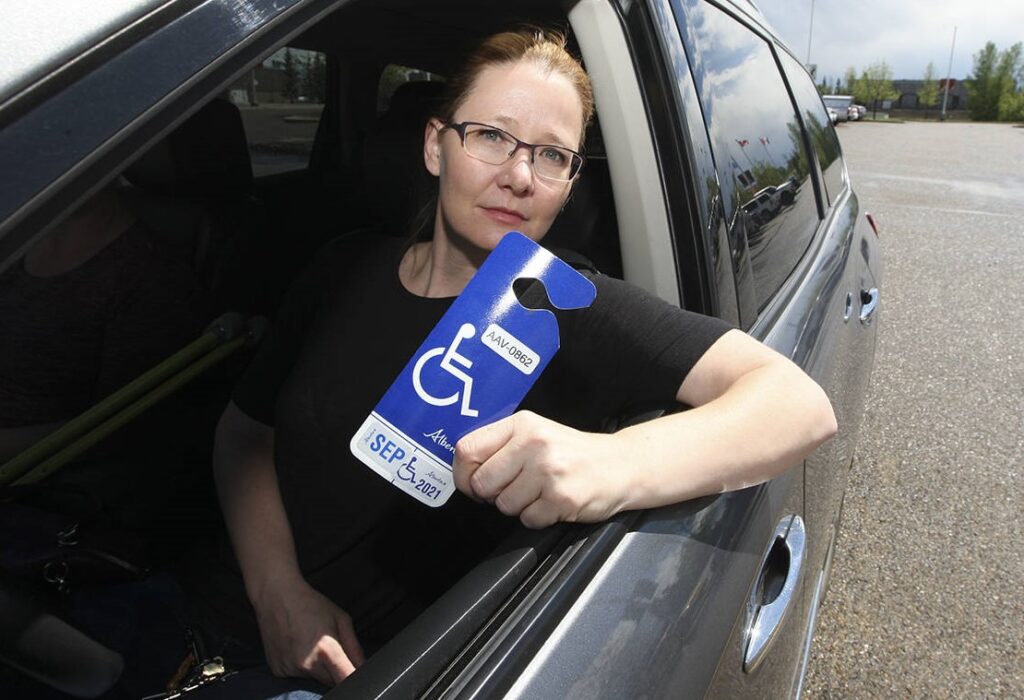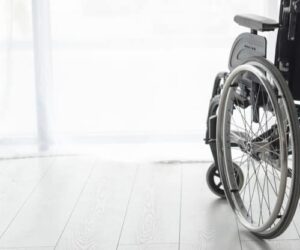There are hundreds of term with related meanings which are mistakenly used interchangeably among the general public. Handicapped or disabled are two terms among all these terms related to those with special needs. These terms have different usage, but people misuse them. In such a situation, the best way is to know the exact meaning of handicapped or disabled words.
Handicapped
The term “handicapped” in the World Health Organization (WHO) definition refers to a person who has a loss or limited opportunities to be involved in activities compared to most of the population. Any congenital or acquired physical or mental defect that prevents or restricts a person from taking part in everyday life or any physical or psychological condition limits the person’s capacity to work is being handicapped. Being handicapped also refers to a barrier or circumstance that makes success or progress difficult for the person. The term handicapped is used to describe people with disabilities.
Disabled
The term disabled “offensive language” refers to the condition in which an individual generally has functional limitations. Functional limitations include being unable to execute some movements, physical impairment, sensory impairment, cognitive impairment, intellectually impairment, and many other cases.
People with disabilities don’t need to be handicapped if they find a way around the disability. Learn more about people with disabilities, different types of disabilities, barriers, and challenges here.
Handicapped or disabled is a person with needs the same as other people but in a different way, or sometime special needs more than others. Being in handicapped situations like cerebral palsy, visual impairment, physical impairment and other situations, prevents the person from fulfilling a normal role at the very first society like home, or school, or in the community or the society. Taking part in the social roles may bring annoying feelings.
Some people in this situation accept the disability and believe that they cannot do anything. Some others accept the situation and search for the ways to see it as an opportunity to make great changes.
A handicapped is not a handicapped or disabled anymore if he or she learn how to follow the desires. The important thing is to find the goals. It matters what is important to the person with disability. Then, they can find the reason that why that thing is important and should be done! The next step is to answer the question “how” to find a way to reach the set goals. Nothing is impossible!
The important thing is to be enthusiasm, motivate and scheduled. For example, being a great racerunner for a person who has problems with legs, is not unreachable desire. There is racerunning to help the person to be a great athlete. Finding the exact way, tool or vehicle to reach the goals is vital. What do you want to do? Why do you want to do that? Do you know how to do to reach what you want?
Respectful language to handicapped or disabled
In a polite language, putting the person first, then the disability, it is essential. Using the word disabled for a person is very offensive and violating disability rights. There are respectful terms to use for the people with disabilities that is better to use:
The disabled: that is better to say people with disability
The handicapped: better to use a person with a disability
The mental handicapped or mentally handicapped: more beautiful to say intellectually disabled
The normal: better to say non-disabled
The wheelchair-bound: better to use the person who uses a wheelchair
The blind: the person with visual impairment is a better phrase to say
The deaf: the person with hearing impairment is more respectful
It has been accustomed to use the terms handicapped or disabled before. But, the United Nations has chosen the term disability instead. The old terms had negative meaning and the new one make people think differently in a new way.






